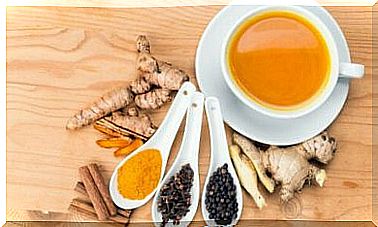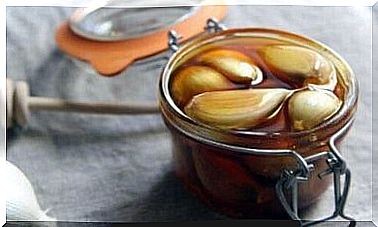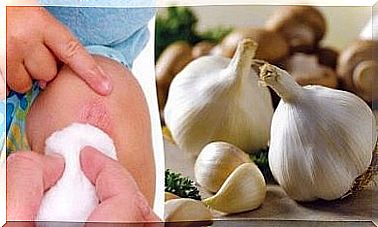What You Can Eat And Do For A Good Memory
Here we introduce you to some foods and also tips with which you can “help your brain”!

A good memory is not a coincidence! There are also very old people with very good memories! Not everyone becomes forgetful in old age and you too can do something to ensure that your brain works optimally.
Here we introduce you to some foods and also tips with which you can “help your brain on the jumps”! This is how you can have a good memory .
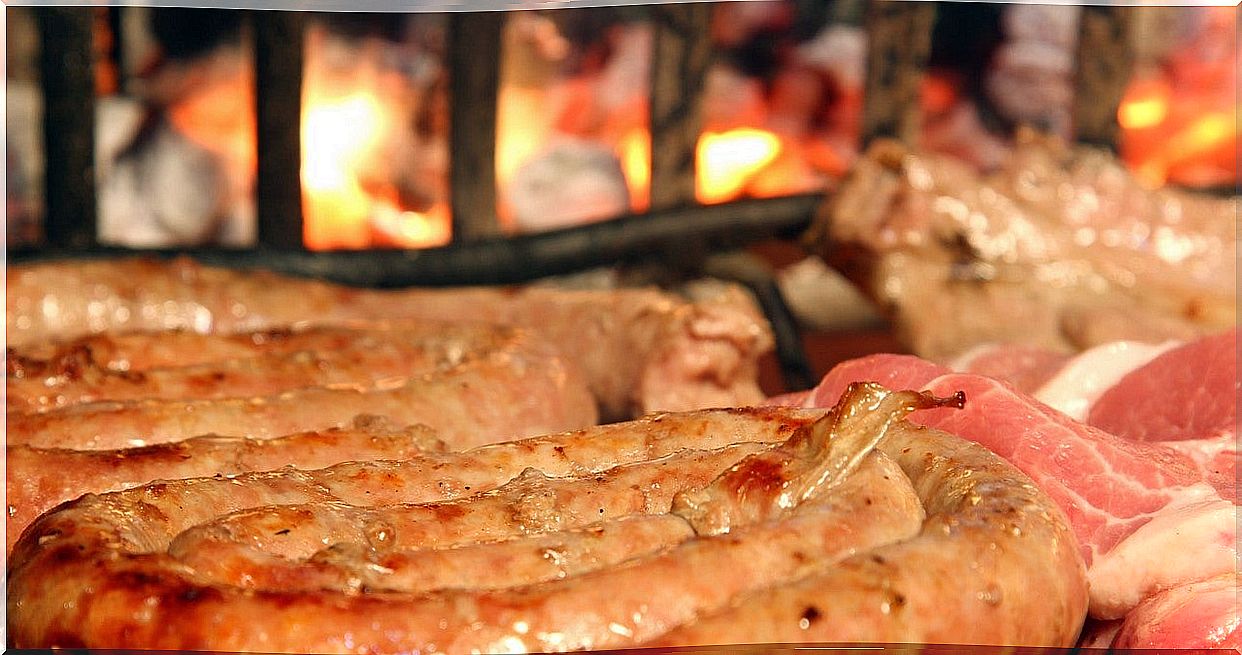
Avoid animal fats
The brain needs glucose as an energy source. If you add large amounts of saturated fatty acids (contained in animal fats!) To the metabolism, this blocks the uptake of glucose in the brain.
Above all, the fat inhibits the hippocampus, a brain region in which new memories are stored and called up again when necessary.
The situation is different for unsaturated fatty acids, especially for omega-3 fatty acids, which are found in fatty fish, vegetable oils or nuts, for example.
For example, a study by the University of Pittsburgh showed that the regular intake of omega-3 fatty acids with food improves the working memory of healthy young adults.
So if you want to eat animal fat and protein, opt for sea fish and ignore all other types of meat. By the way: Vegetarians have a 50% lower risk of developing dementia!
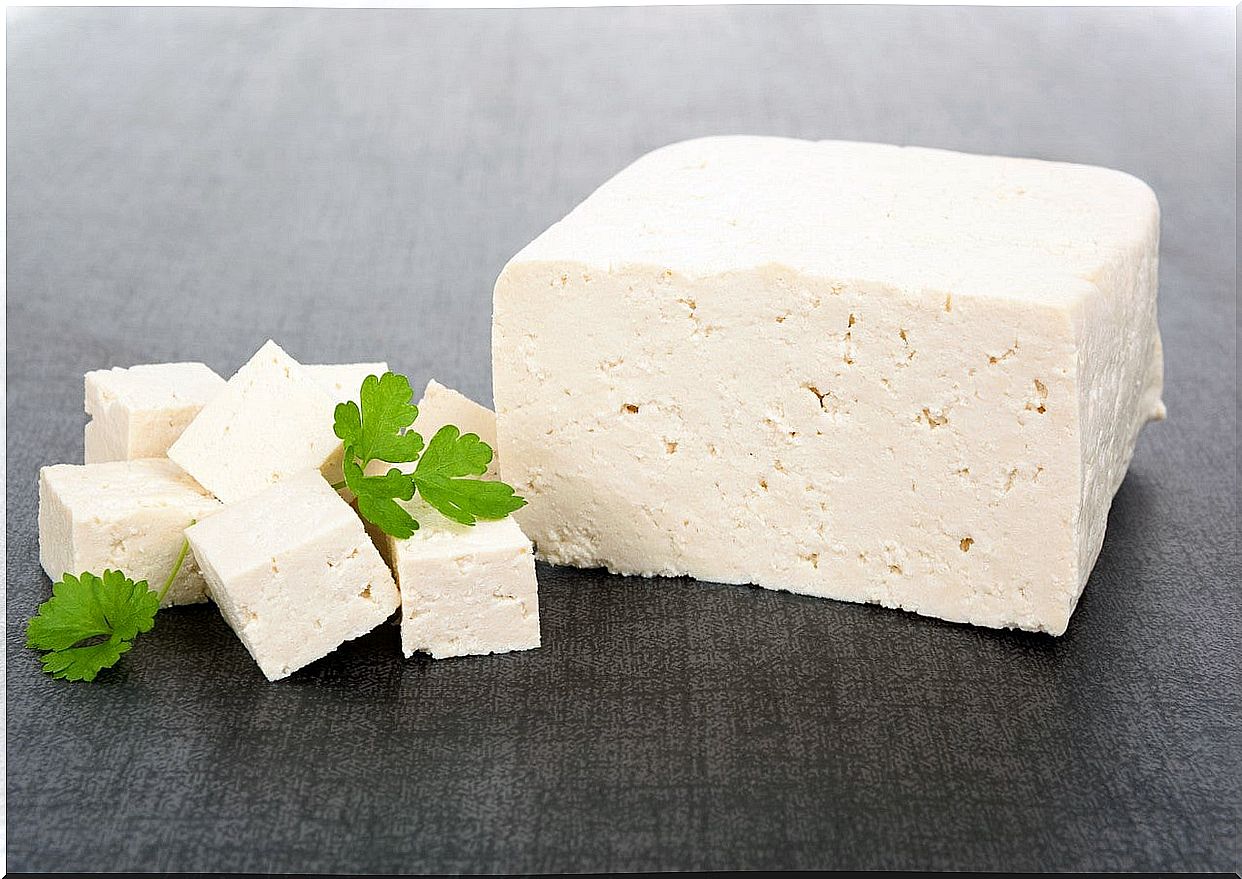
Lecithin for a good memory
Lecithin is an important part of our cell membrane. The fat-like substance causes nerve cells to regenerate more easily and the transmission of signals between the brain cells improves.
In addition, lecithin is converted into acetylcholine, the most important messenger substance in the nervous system. Vegetable lecithin is particularly found in soy. Soy products are rich in easily digestible protein, iron, magnesium and zinc. They also contain vitamins B1, B2 and B6.
If you consistently replace cow’s milk products with soy milk and soy yoghurt, you ensure good thinking.
Great shakes can be made from silken tofu – try mango, water and silken tofu mixed in equal parts in a blender – so delicious and healthy!
You can also use soy products for hearty dishes: fry the tofu in cubes until crispy, then deglaze with soy milk and serve like meat on a vegetable pan.
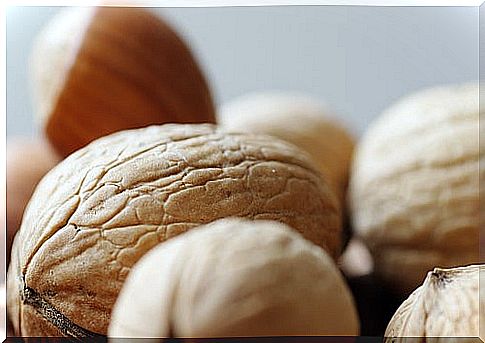
nuts
The typical “trail mix” contains nuts. But why? Because there is plenty of choline in nuts. The B vitamin is the preliminary stage for the important neurotransmitter acetylcholine (keyword: soy!) – a guarantee for full concentration.
In addition to omega-3 fatty acids, many nuts also contain the amino acid isoleucine, which also increases the ability to think.
Please only use unroasted and unsalted nuts. If nuts are heated by roasting, they no longer contain all of the active ingredients. Edible oils made from nuts are also very tasty. Try a hazelnut oil on a pancake or walnut oil over lamb’s lettuce …
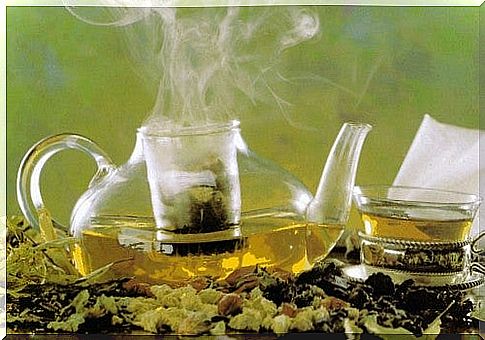
Green tea
Green tea contains active ingredients that support an enzyme that prevents memory loss in the brain.
The traditional drink from the Far East also seems to prevent Alzheimer’s. The substance it contains reduces the risk of plaques forming in the brain. However, this effect of green tea has not yet been clearly proven.
A cup of green tea for breakfast in the morning provides the best conditions for a good memory!
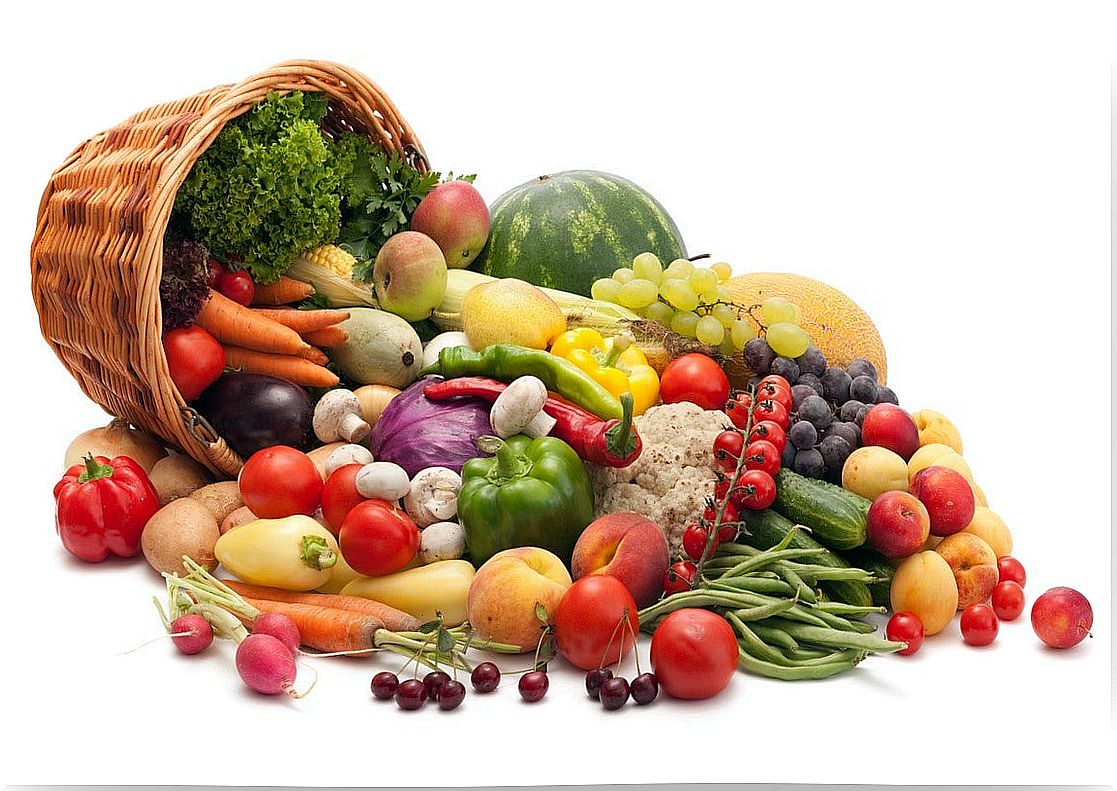
Lots of fruits and vegetables for a good memory
Oxidative stress is considered to be one of the causes of a large number of pathological processes and is also associated with the symptoms of aging.
Antioxidants are our most important allies in the fight against highly reactive oxygen compounds, so-called free radicals, which are created in the body by influences such as UV radiation, exhaust gases, drugs and environmental toxins.
What follows from this is called oxidative stress. Too much of it can cause cell damage, accelerate the aging process and is also blamed for a whole range of diseases.
Antioxidants play an important role in protecting against forgetfulness, Alzheimer’s and other forms of dementia.
They break down free radicals that arise during cell respiration and damage nerve cells. The antioxidants include vitamins, minerals and secondary plant substances such as the well-known carotene.
The more colorful your fruit basket and the more colorful your vegetable plate, the better for you and your memory!

Move
Movement stimulates the blood circulation in the brain, supplies it with oxygen and thus improves the ability to concentrate and memory.
Move whenever you can. It doesn’t depend on top performance, but on regularity – not just for the heart, but also for the brain.
Conclusion:
A Mediterranean diet seems to protect against memory problems and dementia in old age.
A lot of fruit, vegetables, fish, high-quality vegetable oils and whole grain bread should therefore be on the menu. Pork and dairy products such as fatty cheese and butter, on the other hand, should only be on the menu as luxury products in small quantities.
